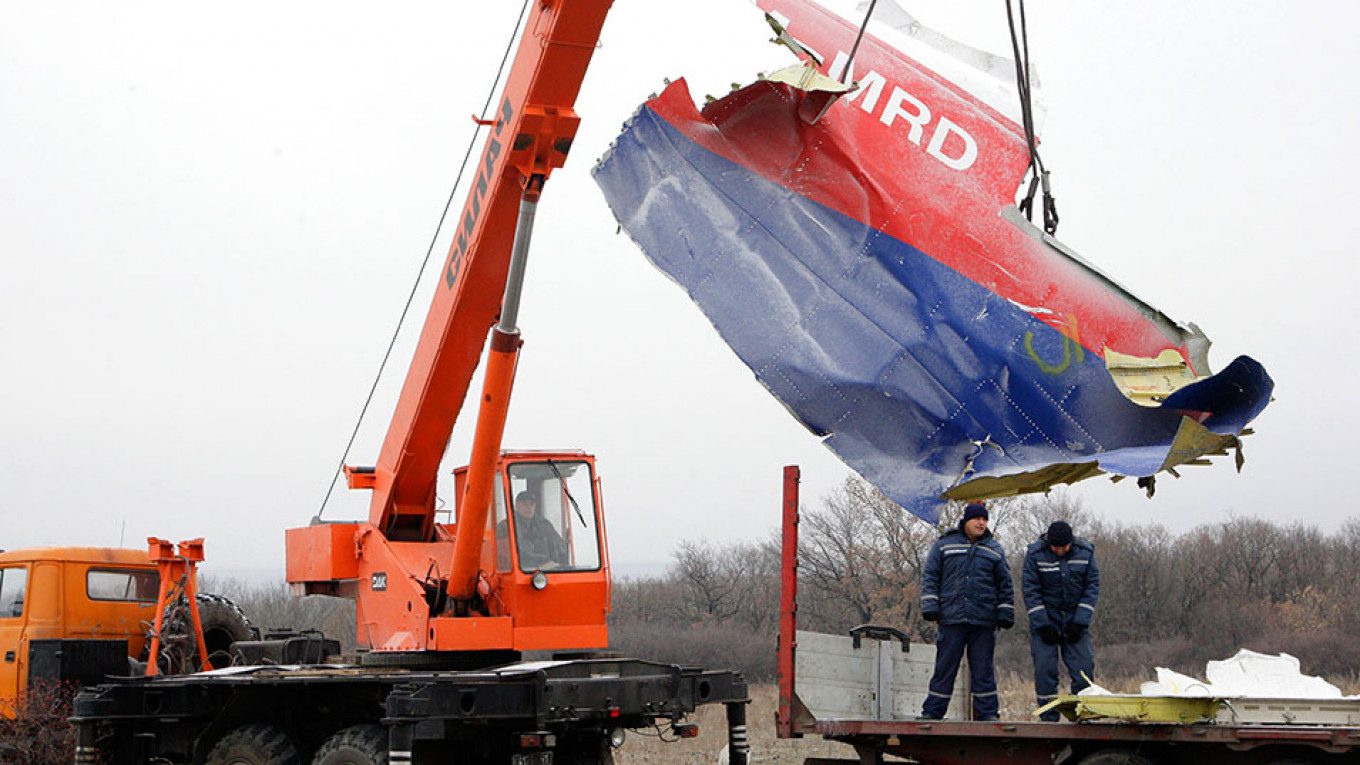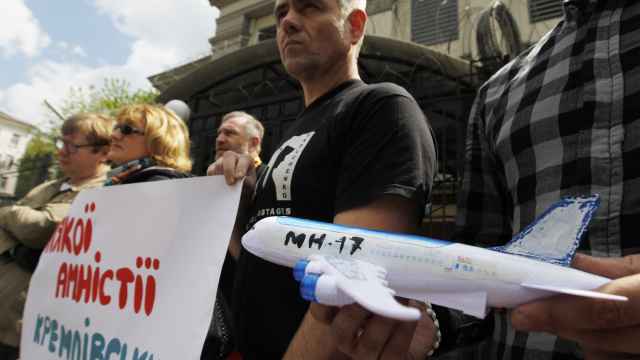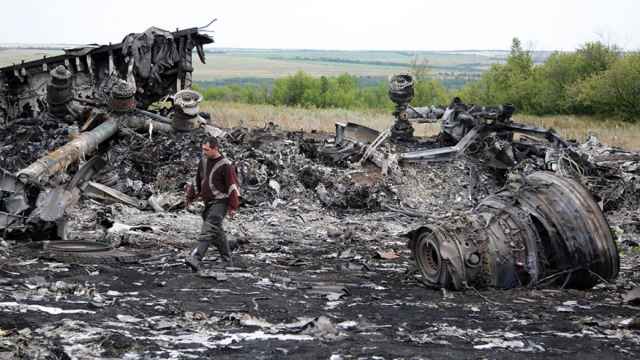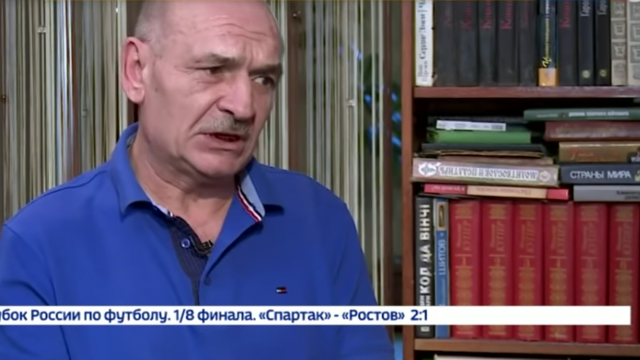A team of international prosecutors has released a new batch of intercepted audio recordings of calls it says are between pro-Russian separatist fighters in eastern Ukraine and high-ranking Russian officials in the weeks leading up to the 2014 downing of Malaysia Airlines Flight MH17 over eastern Ukraine.
The calls include conversations with separatist leaders including Alexander Borodai, self-proclaimed ‘prime minister,’ and defendant Igor Girkin, self-proclaimed ‘defense minister’ of the Donetsk People's Republic (DNR). They communicated with Sergei Aksyonov, the Russian-appointed leader in Crimea and Vladislav Surkov, a high-ranking official of the Russian government.
"I’m carrying out orders and protecting the interests of one and only state, the Russian Federation. That’s the bottom line," Borodai can be heard saying to an unknown person in one of the recordings.
In another call, at the beginning of July 2014, a DPR member tells a local commander that "men are coming with a mandate from [Russian Defense Minister Sergei] Shoigu." According to the DPR member, these men "will kick the local warlords out of the units," and "people from Moscow" will take over the command.
In another July 2014 call, Surkov tells Borodai that the DNR will receive military reinforcements from Russia.
JIT, the Dutch-led international investigative team, alleged its evidence showed the Russian government’s influence on Donetsk’s administrative, financial and military matters.
“Mutual contacts intensified in the first half of July 2014. There was almost daily telephone contact between the leadership of the DPR and their contacts in the Russian Federation,” JIT said.
Several former fighters have told the JIT that the FSB and the GRU were involved in the daily management of the DPR. "One of the witnesses reportedly stated that DPR leaders regularly went to Moscow to consult with their contacts at the FSB and GRU."
The JIT added that separatist leaders spoke via secure Russian security service-issued telephones with Russian leaders in Moscow, near the Ukrainian border and in annexed Crimea.
“The indications for close ties between leaders of the DPR and Russian government officials raise questions about their possible involvement in the deployment of the BUK,” JIT said.
Prosecutors have previously said the BUK missile system that brought down the plane came from the Russian 53rd Anti-Aircraft Brigade, based in the western Russian city of Kursk.
The JIT called for witnesses to provide information about who controlled the separatists’ leadership and commanded the missile system’s deployment ahead of MH17’s downing.
MH17 was shot down in July 2014 over territory held by pro-Russian separatist forces in eastern Ukraine, killing all 298 people onboard. Investigators have said that the plane was shot down by a Russian missile, a claim Moscow has repeatedly rejected.
The JIT launched criminal murder proceedings this summer against three Russians and one Ukrainian for the 2014 downing of MH17. Moscow has called the charges groundless. Hearings against Russians Igor Girkin, Sergei Dubinsky and Oleg Pulatov, as well as Ukrainian Leonid Kharchenko, are scheduled to begin in March.
This story is being updated.
A Message from The Moscow Times:
Dear readers,
We are facing unprecedented challenges. Russia's Prosecutor General's Office has designated The Moscow Times as an "undesirable" organization, criminalizing our work and putting our staff at risk of prosecution. This follows our earlier unjust labeling as a "foreign agent."
These actions are direct attempts to silence independent journalism in Russia. The authorities claim our work "discredits the decisions of the Russian leadership." We see things differently: we strive to provide accurate, unbiased reporting on Russia.
We, the journalists of The Moscow Times, refuse to be silenced. But to continue our work, we need your help.
Your support, no matter how small, makes a world of difference. If you can, please support us monthly starting from just $2. It's quick to set up, and every contribution makes a significant impact.
By supporting The Moscow Times, you're defending open, independent journalism in the face of repression. Thank you for standing with us.
Remind me later.






